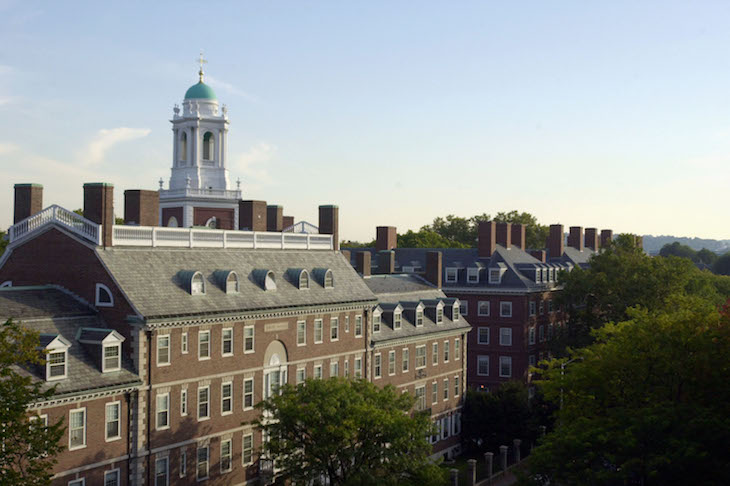Everyone’s mood is affected by the news, especially bad news. A recent review found that heavy news-watchers show ‘misperception of risk, anxiety, lower mood levels, learned helplessness, contempt and hostility towards others, desensitisation, and in some cases … complete avoidance of the news.’ As someone who has written one book documenting the historical decline of violence (The Better Angels of Our Nature) and a new one documenting progress in every other dimension of human flourishing (Enlightenment Now: The Case for Reason, Science, Humanism, and Progress), my emotional fortunes are even more tightly yoked to the disasters of the day, I am apt to take episodes of violence and oppression not just as depressing developments but as personal affronts and professional rebukes. To make news consumption bearable, I remind myself of my own advisories. As long as bad things have not vanished from the face of the earth, there will always be enough to fill the news. Only datasets (which sum the boring peaceful places with the photogenic disaster zones) provide an accurate picture of the state of the world. Indeed, the annual reports are more heartening than the hour’s headlines: the upticks in war, terrorism, and homicide of the mid-2010s are being reversed, and even the apparent retreat of democracy looks different in historical context. Notwithstanding the backsliding in Russia, Turkey, and eastern Europe, the number of democracies has increased from 31 in 1971 to, at last count, 103. And as the economist Max Roser points out, news outlets could have run the headline number of people in extreme poverty fell by 137,000 since yesterday every day for the past 25 years.
I have tried to avoid any assault on the ‘mainstream media’, but I do call out its habit of presenting every unsolved problem as a crisis, epidemic, or existential threat. Several correspondents who advocate a new ‘constructive journalism’ have told me they agree, and that the industry is beginning to reconsider the adage that bad news sells: it’s actually positive stories that get the most clicks and shares. But these friends advise me that it would be poison to suggest balancing bad news with good, which editors equate with human-interest fluff. The more effective argument is that reporting the solutions and improvements, not just the failures, contributes to accuracy. More important, it holds the powerful to account to a greater, not lesser degree: they can no longer throw up their hands and call problems intractable if such problems have in fact been solved in some places.
This week my employer, Harvard University, announced its next president, Lawrence Bacow. The campus newspaper asked what advice I would give our incoming chief, and I reiterated the counsel I had offered the search committee: ‘The President of Harvard University is not just the steward of our institution, but, because of Harvard’s fame, a voice for the integrity of academia as a forum for free inquiry. Yet universities are becoming laughing stocks of intolerance, with non-leftist speakers drowned out by jeering mobs, professors subjected to Stalinesque investigations for unorthodox opinions, risible guidelines on “microaggressions” (such as saying ‘I believe the most qualified person should get the job’), students mobbing and cursing a professor who invited them to discuss Halloween costumes, and much else. These incidents have drawn worldwide ridicule, and damage the credibility of university scientists and scholars when they weigh on critical matters, such as climate change. Many of these illiberal antics come from a radical fringe of students, egged on by an autonomous student-life bureaucracy. It’s up to the president of a university to stanch this credibility drain by imposing adult supervision on both: publicly affirming the sanctity of free inquiry and civil disagreement, and reining in the factions that are assaulting them.’
Though I have no children, a year ago I became a grandfather when my stepdaughter had a baby boy. Solly and Yael have been living with us while waiting for an apartment, and for the first time I’ve experienced some of the perquisites of parenthood, such as being kept up by nighttime caterwauling and catching a disease from the baby germ pool. As a scientist who for most of my career specialised in language development, it was humbling to find how few of his first words I could decode compared with his more observant mother and grandmother. But my heart melts whenever he calls me ‘Papa’, and I am experiencing another gift of parenthood: the implicit commitment to the long future embodied in that tiny person. And so with an eye on estimated life expectancy at birth, and a conviction that the apocalyptic doomsayers are wrong, I dedicated Enlightenment Now to ‘Solomon Lopez (2017- ), and the 22nd Century.’
Steven Pinker talks to Sam Leith on The Spectator Podcast.






Comments